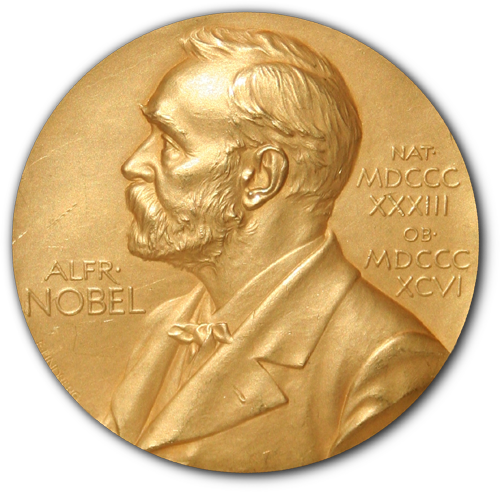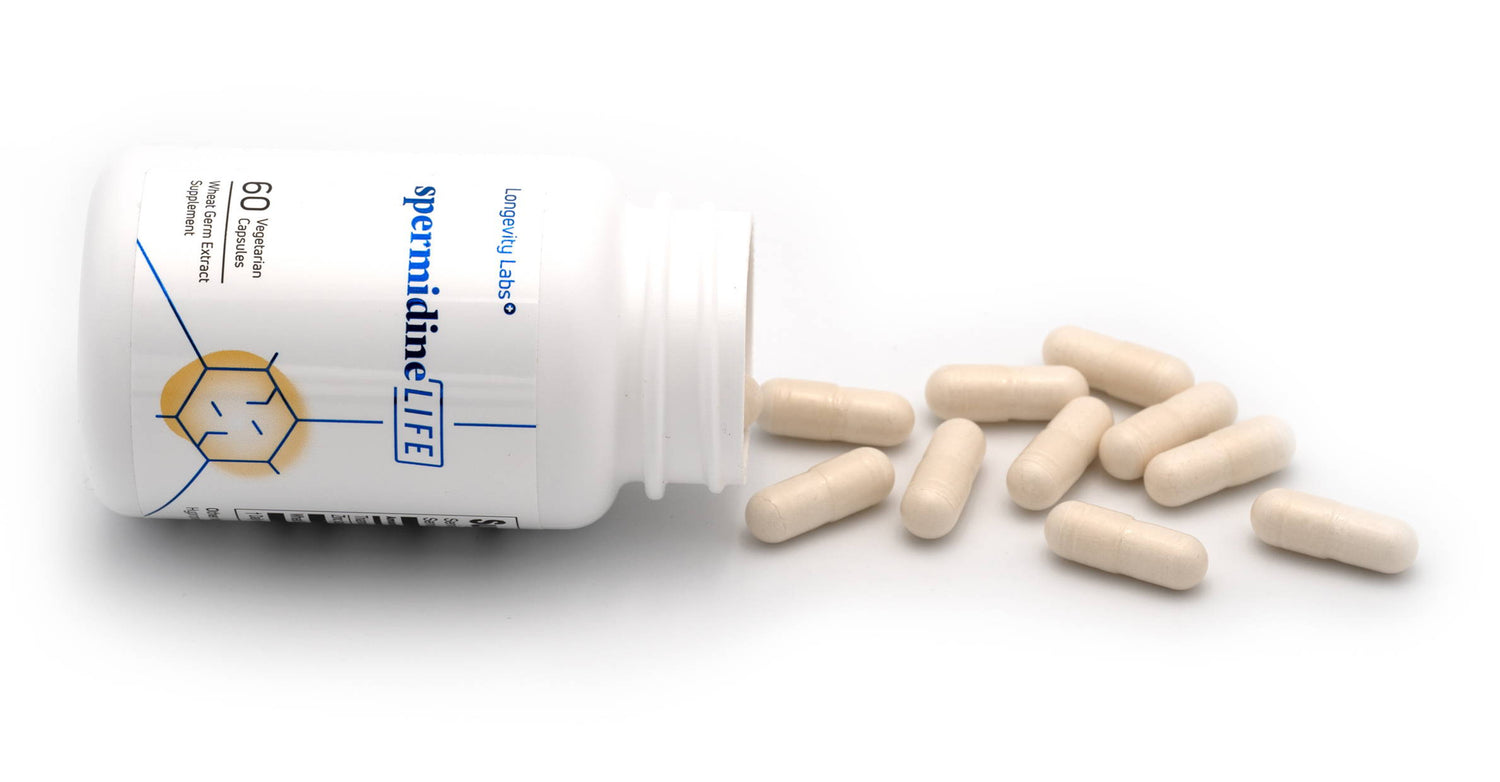The human body consists of about 100 trillion cells. In large part, these cells renew themselves regularly. Every second, about 50,000 cells die, at the same time, 50,000 cells are regenerated.
This process doesn’t always function smoothly. Over time, misfolded proteins, defective cell organelles, and “cell waste” can accumulate and become trapped in our body. To ensure that this waste does not negatively affect our body’s functions, there is a recycling system that our body developed itself. This system is called autophagy.
What is Autophagy?
Autophagy can be best understood using an analogy. Imagine you bought an old broken-down house. The roof is leaking, the windows are loose, and the walls are crumbling. Autophagy would be similar to the process of remodeling in which parts of the house are repaired, repurposed, or recycled to fix the house. Autophagy provides these same benefits to our cells, helping them live longer and healthier.
Autophagy works like a cellular waste recycling program helping the cell clean damaged or misfolded proteins and large organelles and turn them into functional cellular parts. The result is cell rejuvenation. In many ways autophagy lays the foundation for a long and healthy cell life.


The phenomenon of autophagy was first described in 1963. However only in 1990 was the underlying mechanism fully decoded by the Japanese researcher Yoshinori Ōhsumi.
After many experiments with yeast cells, Ōhsumi succeeded in uncovering the genetic basis of autophagy. In 2016 he was awarded the Nobel Prize for Medicine for this discovery.
The Importance of Autophagy
Ōhsumi's discovery enlightened scientists and medical professionals on the topic of autophagy. Since then, numerous researchers have been working on the question of the importance of autophagy in the development of diseases. Countless clinical studies have shown the importance of autophagy’s cellular renewal process.
Scientists suspect that inhibited autophagy can trigger a wide range of diseases, starting from inflammation to age-related illnesses such as Alzheimer's, Parkinson's and diabetes.
Your cells are the foundation for body health. If your cells are weak and unhealthy as they age, your body will likely become weak and unhealthy too. Science agrees: normal autophagy is an important mechanism contributing to a healthy and long life.

Is Autophagy Good or Bad?
When you hear that autophagy is basically cells cannibalizing one another, it’s easy to think that it sounds harmful for your body. However, autophagy is quite beneficial and something scientists believe you should be striving for. While it’s still unclear how exactly autophagy creates some of these benefits, here are some benefits of autophagy:
- Removing toxic proteins from the cells that may cause age-related diseases.
- Recycling residual proteins
- Providing energy and building blocks for cells
- Promoting regeneration and healthy cells
It is also widely believed that autophagy plays a role in preventing and treating cancer by recognizing and removing potential cancer cells. Because of this, researchers are looking at the possibility that autophagy may lower the risk of cancer.

How Can We Activate Autophagy?
As our age increases, autophagy decreases. With the numerous health-promoting effects attributed to autophagy, many people ask themselves: how can I activate autophagy?
Put simply, if we take in less energy through nutrition, our bodies recognize the lack of exogenous energy and move towards using endogenous energy sources such as autophagy. Our bodies are used to periods of feast and famine, and have developed enhanced tools to drive energy through cellular recycling.
Right now, the most well-known method to activate autophagy is extended fasting. This requires calorie restriction for hours or even days. With reduced exogenous energy sources, our cells are forced to change their source of energy and autophagy is activated.
Therefore, our diets, or more specifically, the lack thereof, has become the key studied element of inducing autophagy. There are many diets and fasting programs that have been developed around inducing autophagy and cell renewal, from extended and intermittent fasting programs, restrictive diets, and nutrient-specific diets.
Where Does Spermidine Fit In?
Unfortunately, fasting isn’t an appropriate option for everyone and it may have uncomfortable or difficult side effects. Most healthcare professionals recognize that those who have health risks, are pregnant, or are sick should be careful when considering fasting and ensure appropriate medical supervision.
Roughly 10 years ago, however, scientists at the University of Graz in Austria, under the leadership of Professor Frank Madeo, discovered that spermidine naturally triggers autophagy by using an alternative program in our cells. As a “caloric restriction mimetic,” spermidine can, naturally, almost “trick” the body into triggering autophagy. As a young human being, the natural spermidine levels in our cells are quite high and autophagy is regularly activated using spermidine. The problem is as we age, our ability to produce natural levels of spermidine through our gut microbiota or from our diets decreases. Until recently, the importance of maintaining high spermidine levels in our bodies to maintain regular and effective autophagy was not well known.
Research into our bodies’ natural processes has recently demonstrated that supplementing spermidine may have the same effect as caloric restriction with regard to autophagy. Spermidine supplements are an option for those looking to support cellular health without worrying about the stressful side effects of rigorous fasting practices, or to support the positive benefits of autophagy during and after fasting.

Can You Measure Autophagy?
It can be difficult to measure autophagy at home, especially if you aren’t a trained and experienced scientist or researcher. It is believed that you can monitor autophagy through direct observation of autophagy-related structures or quantification of autophagy-lysosome-dependent degradation of proteins and organelles. While scientists around the world are seeking “biomarkers” of autophagy to track progress, we are aware that there are at least some correlated physiological signs:
Low blood glucose - When your blood sugar drops, your body raises cortisol, growth hormones, and ketones. This can enable the beginning of autophagy
Elevated ketones - As your blood sugar lowers, your ketones elevate
Weight loss - Autophagy helps with fat oxidation, which means weight loss can be a sign of the process
Reduced appetite - If you’re not hungry, even while fasting, then your body may be finding resources elsewhere to feed your brain and body. This may be a tell-tale sign of ketosis and autophagy.
When fasting, dieting, or spermidine supplementation, be on the lookout for these signs that your body is in the process of autophagy.

